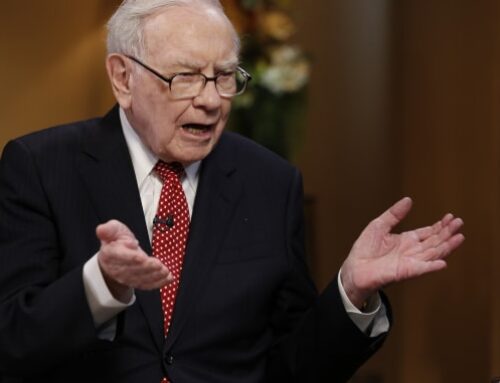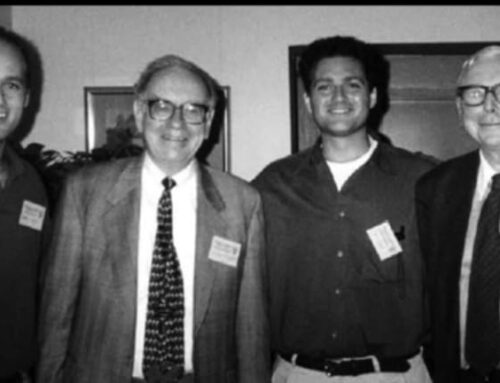There are many things to learn from Warren Buffett. Accepting own mistakes and taking responsibility is one.
You can read this and other letters here.
As always warren Buffett start with some deep knowledge. I have consistently told partners that it is my expectation and hope (it’s always hard to tell which is which) that we will do relatively well compared to the general market in down or static markets, but that we may not look so good in advancing markets. In strongly advancing markets I expect to have real difficulty keeping up with the general market.
What is to be learned here? Many people expect their fund manager to be so great that he consistently outperforms the market. Impossible. The reason is simple. When any fund manager beats one downturn and successfully keeps his portfolio, the new capital will be there for investment. New investors will be there to give money. So it is much better to give time for three years.
The outstanding item of importance in my selection of partners, as well as in my subsequent relations with them, has been the determination that we use the same yardstick. If my performance is poor, I expect partners to withdraw, and indeed, I should look for a new source of investment for my own funds. If performance is good, I am assured of doing splendidly, a state of affairs to which I am sure I can adjust. …
…I have continuously used the Dow-Jones Industrial Average as our measure of par. It is my feeling that three years is a very minimal test of performance, and the best test consists of a period at least that long where the terminal level of the Dow is reasonably close to the initial level.While the Dow is not perfect (nor is anything else) as a measure of performance, it has the advantage of being widely known, has a long period of continuity, and reflects with reasonable accuracy the experience of investors generally with the market. I have no objection to any other method of measurement of general market performance being used, such as other stock market averages, leading diversified mutual stock funds, bank common trust funds, etc.
In recent letters, warren Buffett has continuously talked about Dow Jones industrial average. It was way before then the first index funds started. It was Warren Buffett who understood the importance of indices. In the following few paragraphs, he mentioned why investing in an index fund is a way better choice. I want to say one part, with the risk of making this post a little bigger.
Wiesenberger lists 70 funds in his “Charts & Statistics” with continuous records since 1946. I have excluded 32 of these funds for various reasons since they were balanced funds (therefore not participating fully in the general market rise), specialized industry funds, etc. Of the 32 excluded because I felt a comparison would not be fair, 31 did poorer than the Dow, so they were certainly not excluded to slant the conclusions below.
Of the remaining 38 mutual funds whose method of operation I felt was such as to make a comparison with the Dow reasonable, 32 did poorer than the Dow, and 6 did better. The 6 doing better at the end of 1960 had assets of about $1 billion, and the 32 doing poorer had assets of about $6-1/2 billion. None of the six that were superior beat the Dow by more than a few percentage points a year.
This letter can be a great chapter to learn how even poorly structured indices like Nifty can be difficult to outperform. I learned different parts of finance and then realized that for making index investing successful, you need to make one good index. If one sector dominates and becomes heavy will not help. Like in India, HDFC and HDFC bank are rich stocks, Reliance industries are one diversified company, but as promoters hold sufficient stake, weightage is lower. Financials and banks are heavy in Indian indices. Recently Nestle has made it a little better for FMCG but still not that much. Engineering stocks are not rich.
The next part, warren Buffett talking, is like a chapter. Thought It is one letter, I will break it into two pieces to give importance to it. My next post will complete this letter.



